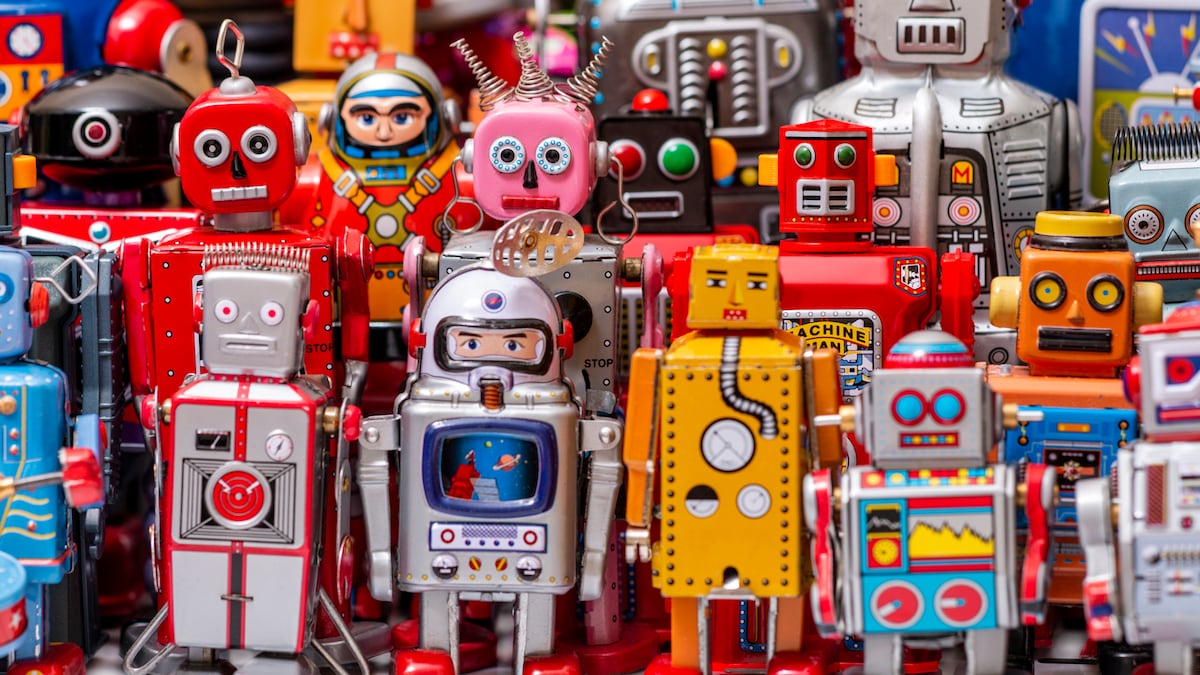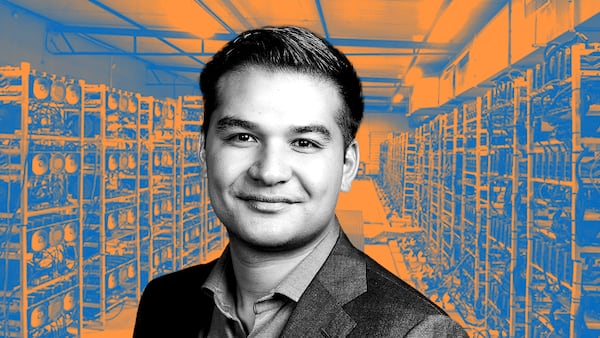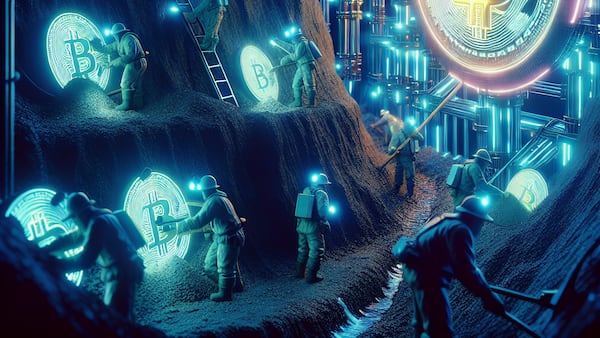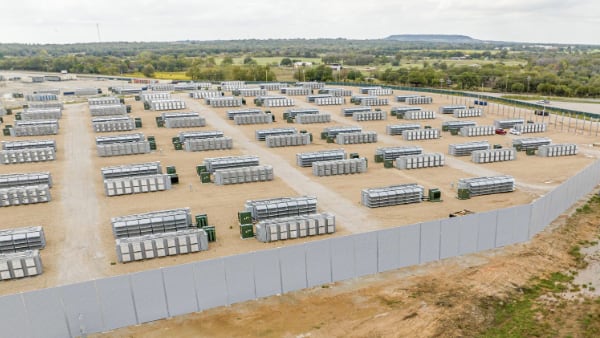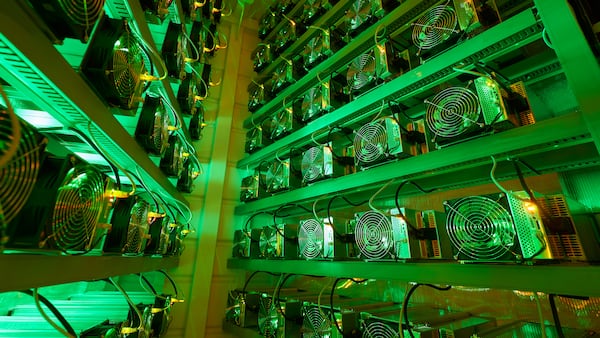- Bitcoin miners are diversifying some of their computation power into AI.
- Sceptics argue that it’s a mistake as AI and Bitcoin mining are very different businesses.
Bitcoin miners should stick to mining Bitcoin.
That’s according to Elliot Chun, partner at crypto finance strategy firm Architect Partners, who argued against Bitcoin miners’ attempt to strengthen their revenue streams by leasing processing power for artificial intelligence.
“When companies set out to do one thing really well, and all of a sudden announce that they’re doing something else — well, that other stuff is what got them in trouble,” Chun said.
Diversifying into AI means miners are “taking their eyes off the ball.”
The comments come amid a sharp selloff on Monday that hit technology stocks hardest as Wall Street grows more sceptical of the sector.
Miners battered by lower Bitcoin prices and changing revenue dynamics have piled into AI to bolster their balance sheets.
Hut 8 is one of them. The miner began diversifying into AI in 2023. And it says it’s undeterred in that mission.
”Our strategy has not and will not change based on market hype,” Hut 8 CEO Asher Genoot told DL News.
“High-quality power assets will become increasingly valuable as compute applications demand more energy,” he added. “So we will remain intensely focused on building and converting our development pipeline.”
Why it’s a mistake
While both AI and mining need high compute power, the business models are quite different.
One of the value propositions for Bitcoin miners is that they can switch off their machines at any time without incurring any losses — which makes them attractive in jurisdictions with volatile energy grids, like Texas.
But AI fleets are unlikely to work the same way.
“If AI fleets are anything like the data centres hosting the Amazons and the Googles of the world, you need to have a 99.99% uptime,” Chun said. “But Bitcoin miners just aren’t used to operating in that kind of environment.”
Chun also said diversifying into AI is expensive.
Firms need physical space and machines, and only big companies can manage both kinds of operations.
Dividing a data centre in two — one half for Bitcoin mining, and the other half for AI computation — is “going to be tough,” he said.
He’s not the only one who’s bearish on the idea.
Investment firm Culper Capital shorted Bitcoin miner Iren in July. The main reason? The firm is branching out into AI, but lacks the necessary infrastructure, according to Culper.
Iren’s AI diversification is a “contrived, nonsense pivot reminiscent of Covid-19 era biotech scams,” Culper posted on X.
Mike Power, director of investor relations at Iren, declined to comment.
AI pivot
Hut 8 and Hive are two of the biggest mining operations now branching out into AI.
Genoot told DL News that his company is well-prepared for the diversification. But not all miners attempting that same pivot will be successful, he said.
Hut 8 has a leg up, according to him. It has a mature computing business and experience building, operating, and commercialising data centres.
The company purchased $40 million worth of graphics processing units, or GPUs — computers that can perform high-speed calculations — in October 2023 specifically for AI purposes.
Hut 8′s chief strategy officer, Mike Ho, told DL News that Hut 8 won’t repurpose any of its existing Bitcoin fleet toward AI — instead preferring “deploying the latest generation technology” for that purpose.
Meanwhile, Hive CEO Aydin Kilic told DL News that the company repurposed a little more than 10% of its existing GPUs for AI computing tasks.
Hive hopes its AI fleet will bring in $100 million in revenue by 2025. The firm had $121 million in total revenue in 2023.
Difficult 2024
Chun’s scepticism comes as Bitcoin miners face profitability issues.
Mining Bitcoin isn’t easy.
Most operations derive the majority of their revenue from rewards that shoot up when Bitcoin’s price rises, but things get difficult when the cryptocurrency plunges.
Mining operations have further been strained in 2024 by the so-called halving, which slashed in half the amount of Bitcoin they receive for producing new blocks.
In some cases, miners have seen their revenue cut in half while operational costs remained the same.
Tom Carreras is a markets correspondent at DL News. Got a tip about Bitcoin mining and AI? Reach out at tcarreras@dlnews.com
